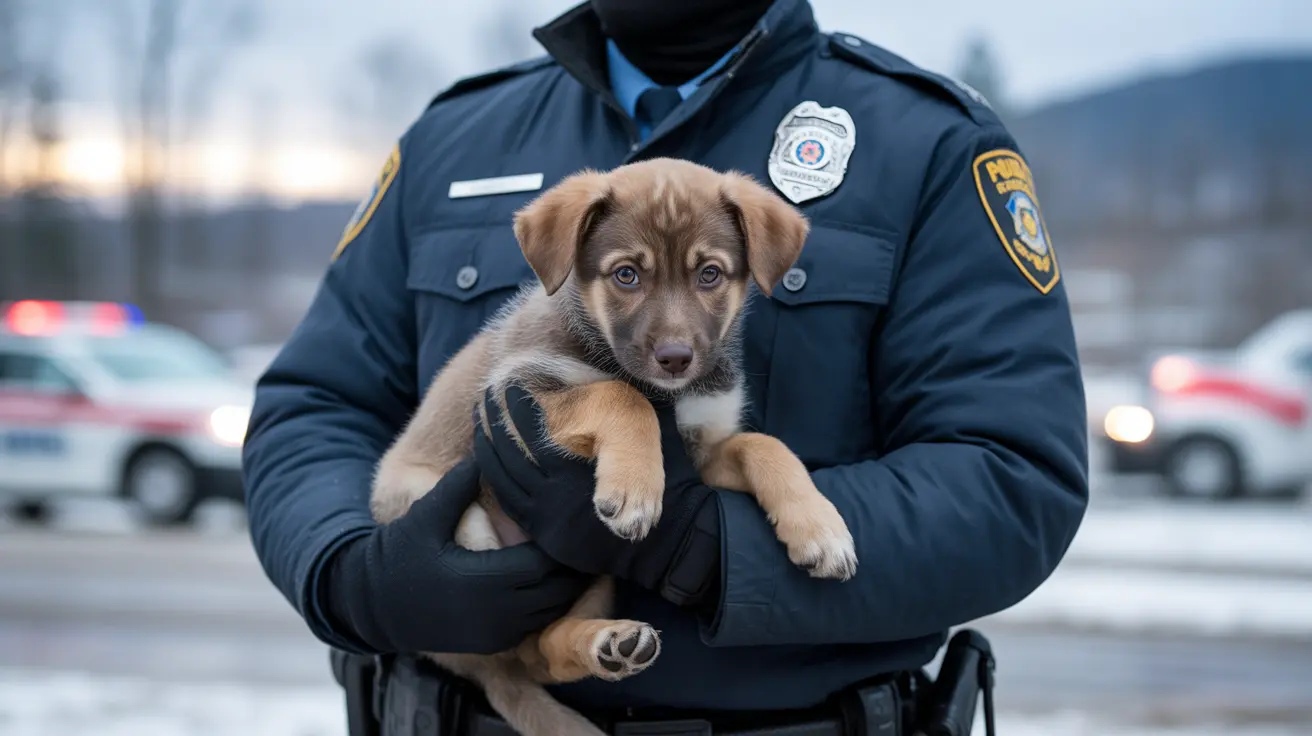Understanding Dog Ownership in Islam: Do Muslims Have Dogs as Pets?
Dogs are often seen as loyal companions and beloved members of countless households, but in the context of Islam, their role as pets can be a complex and nuanced issue. Whether Muslims can or do keep dogs as pets depends on religious interpretations, cultural practices, and individual choice.
Islamic Perspective on Dogs
Islam, like many major religions, provides ethical and spiritual guidance concerning the treatment of animals, including dogs. According to traditional Islamic jurisprudence derived from the Quran and Hadith (sayings and actions of the Prophet Muhammad), dogs are considered ritually impure (najis), particularly their saliva.
However, this does not necessarily mean a blanket prohibition against owning dogs. The Prophet Muhammad acknowledged the dog's utility for guarding property, herding livestock, and hunting—all of which are considered legitimate reasons for keeping a dog.
Permissible Reasons for Keeping Dogs
- Guard Dogs: Dogs that protect the home and property.
- Shepherding: Dogs used for managing herds or flocks.
- Hunting Dogs: Dogs trained for catching game in hunting.
- Service Dogs: Assistance dogs for the visually impaired or those with medical conditions.
In these cases, many Islamic scholars agree that keeping a dog is permissible, provided the animal serves a clear function and is treated humanely.
Limitations on Dog Ownership
The debate over pet dogs in Islamic societies often revolves around their place inside the home. Traditional interpretations advise that dogs should not be kept indoors, especially where prayers are offered, due to concerns about ritual cleanliness. This has led many observant Muslims to keep dogs outdoors.
Other limitations include:
- Prohibitions against selling dogs for profit in some Islamic schools of thought.
- Need to cleanse any area where a dog’s saliva has touched with water and earth.
- Discouragement from affectionate behavior like kissing or allowing dogs on things used for prayer.
Cultural Variations
The Islamic world spans continents from Southeast Asia to Africa to the Middle East, leading to regional differences in how teachings are applied. In countries like Turkey and Bosnia, it is not uncommon to see Muslims with pet dogs. In more conservative regions, however, dog ownership is rare and often limited to working dogs.
Some Muslims, particularly younger generations or those living in Western societies, interpret religious guidance in a more flexible manner. These individuals may choose to keep dogs as indoor companions while maintaining hygiene and cleanliness practices in line with their faith.
Modern Interpretations and Debates
With increasing awareness of animals' emotional intelligence and social needs, many modern Islamic scholars advocate for a more compassionate approach toward dogs. There's a growing consensus that while ritual purity is important, so too is the humane and ethical treatment of animals.
Some religious authorities now emphasize:
- Compassion and kindness as core Islamic values that extend to all creatures.
- The importance of avoiding cruelty and neglect, which is clearly prohibited in Islam.
- Balanced views that accommodate both tradition and contemporary lifestyles.
Conclusion: Dogs and Muslim Pet Owners
So, do Muslims have dogs as pets? The answer is not a simple yes or no. While traditional Islamic teachings place certain restrictions on dog ownership, they do not completely forbid it. Many Muslims keep dogs—especially for specific functions such as guarding, aiding, and herding—while observing hygiene and spiritual guidelines.
In the end, the acceptance of dogs as pets among Muslims varies widely based on personal beliefs, cultural norms, and interpretations of Islamic law. What's clear, however, is that Islam emphasizes respect for all of God's creatures, and any dog kept by a Muslim family is to be treated with care, kindness, and responsibility.





